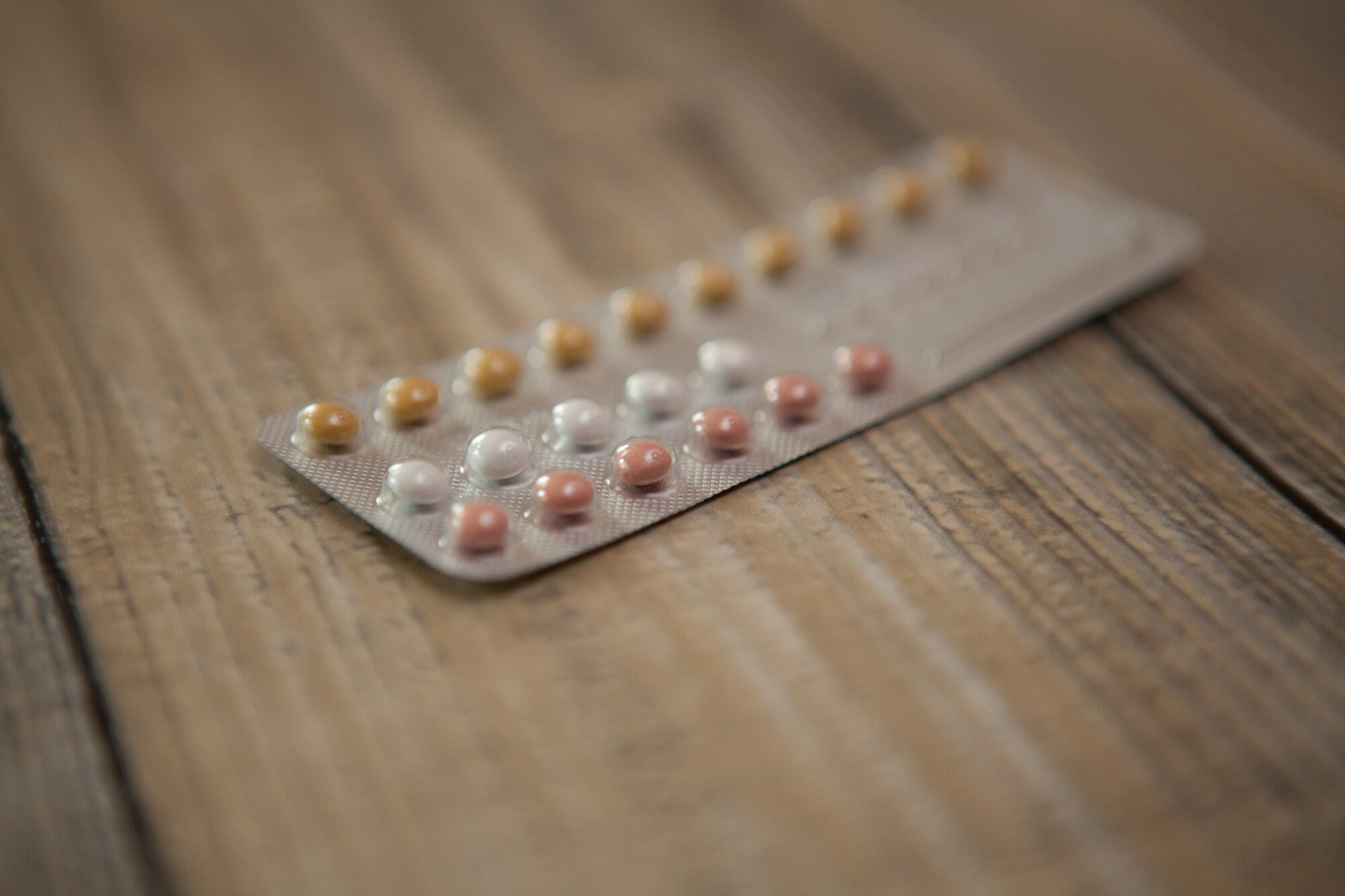
5 Primary Causes of Vaginal Dryness
Table of Contents
Approximately 17% of women experience vaginal dryness before the onset of menopause, according to Women’s Health Concern.
For those who have recently developed vaginal dryness, you may be concerned and wondering what the underlying issue may be.
Thankfully, vaginal dryness is usually not a cause for concern, although it can certainly be uncomfortable and decrease sexual pleasure, and let’s face it, no one wants that. Therefore, it’s important to learn about the factors that are causing it.
If you find yourself asking “why is my vagina dry?” keep reading this article to learn about the primary causes.
1. Hormones
One of the most common causes of vaginal dryness is fluctuating hormones, specifically a decrease in estrogen. This mainly applies to those experiencing menopause, perimenopause, menstruation, or post-partum.
Estrogen is an important female hormone. When it drops, women experience many upsetting side effects, such as the side effects you may experience during PMS like mood swings, fatigue, lower sex drive, and swollen breasts.
While it’s normal to experience dryness in these cases, a consistently dry vagina could indicate a hormonal imbalance or thyroid problem. Thus, it’s important to check with your doctor or ob-gyn to rule these factors out.
There are also many holistic ways to balance your hormones such as nutrition and exercise.
2. Post-Hysterectomy
Have you recently gotten a hysterectomy? Many women who have recently gotten a hysterectomy are also prone to vaginal dryness. Unlike a gradual menopause one would naturally experience, a hysterectomy throws you into menopause all at once. Unfortunately, one of the most common symptoms of menopause is vaginal dryness.
After undergoing a hysterectomy, you can combat vaginal dryness with lubricants and Omega 7 oil. It’s also advisable to drink lots of fluids as hydration will aid in your vaginal dryness.
Likewise, many women will also receive hormone therapy post-hysterectomy to deal with this drastic shift in hormones. Hormone therapy could involve a daily pill, a vaginal ring, or a skin patch. You should be fully healed from the hysterectomy between 6-8 weeks.
3. Certain Medications
If you are experiencing vaginal dryness, it’s important to think about the medications you are on. Antidepressants, antihistamines, asthma medications, and birth control can all lead to vaginal dryness.
That’s because certain medications have a direct impact on your sympathetic nervous system. This leads to a drying effect which causes a lack of saliva in the mouth and in turn, vaginal dryness.
So, if you’re asking yourself why you can’t get wet in the bedroom or you notice your vaginal area is a lot dryer than usual, be sure to research the side effects of your medication.
Also, keep in mind that you should never abruptly stop any medication. While dryness is certainly unpleasant, it is not worth the harmful side effects that could come with halting a medication cold turkey. Consult with your doctor before deciding to come off any of your meds and also determine if your vaginal dryness outweighs the positive effects of your medication.
4. Smoking Cigarettes
We all know the plethora of damaging effects caused by smoking cigarettes. However, you probably didn’t know that vaginal dryness was another one.
Smoking has a drying effect on the body because the nicotine you inhale blocks blood flow to the vagina as well as other areas. As a result, you will experience dryness and a decrease in lubrication.
This doesn’t just apply to cigarettes but also vaping as well. Some even suggest that smoking marijuana could cause vaginal dryness, although there hasn’t been a concrete scientific link to the two.
Not only does smoking cause dryness, but it also causes heavy or irregular periods, fatigue, mood swings, and a lower sex drive. Smoking while taking antidepressants or birth control heightens your likelihood of having a dry vagina.
So, if you’re someone who smokes cigarettes or vapes, strongly consider quitting as soon as possible.
5. Stress and Other Mental Health Issues
Stress does not only affect a person mentally but also physically. Among the many types of health issues stress causes, vaginal dryness is, unfortunately, one of them.
Stress naturally dampens one’s mood, which causes a decrease in the flow of blood flow to the vagina. Also, let’s face it; if you’re constantly stressed and on auto-pilot 24/7, it’s hard to even have a sex drive.
Many people overlook stress as an underlying factor to their health condition, which could be detrimental to your mind and body. Therefore, make sure you take steps to de-stress when you can and try not to overwork yourself.
Keep in mind that stress isn’t the only mental contributor. Other mental health conditions such as anxiety, depression, or mood disorders can also have a direct impact on your body and lower your sex drive.
See a mental health specialist if you’re struggling with their mental health to ensure that you receive proper treatment.
There’s a Solution for Vaginal Dryness
This article taught you about the main causes of vaginal dryness. If you have been suffering from vaginal dryness, you now have a better understanding of what could be causing it.
That being said, checking with an ob-gyn should always be a priority when experiencing vaginal dryness or any other symptoms related to your vaginal health.
At Peter M. Lotze, you’ll find doctors who are trained to treat issues relating to pelvic health. Contact us today if you have any questions or want to request an appointment.



